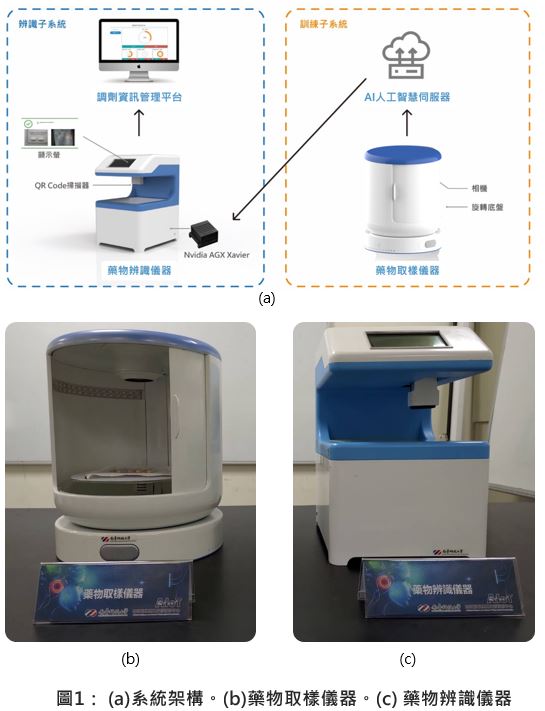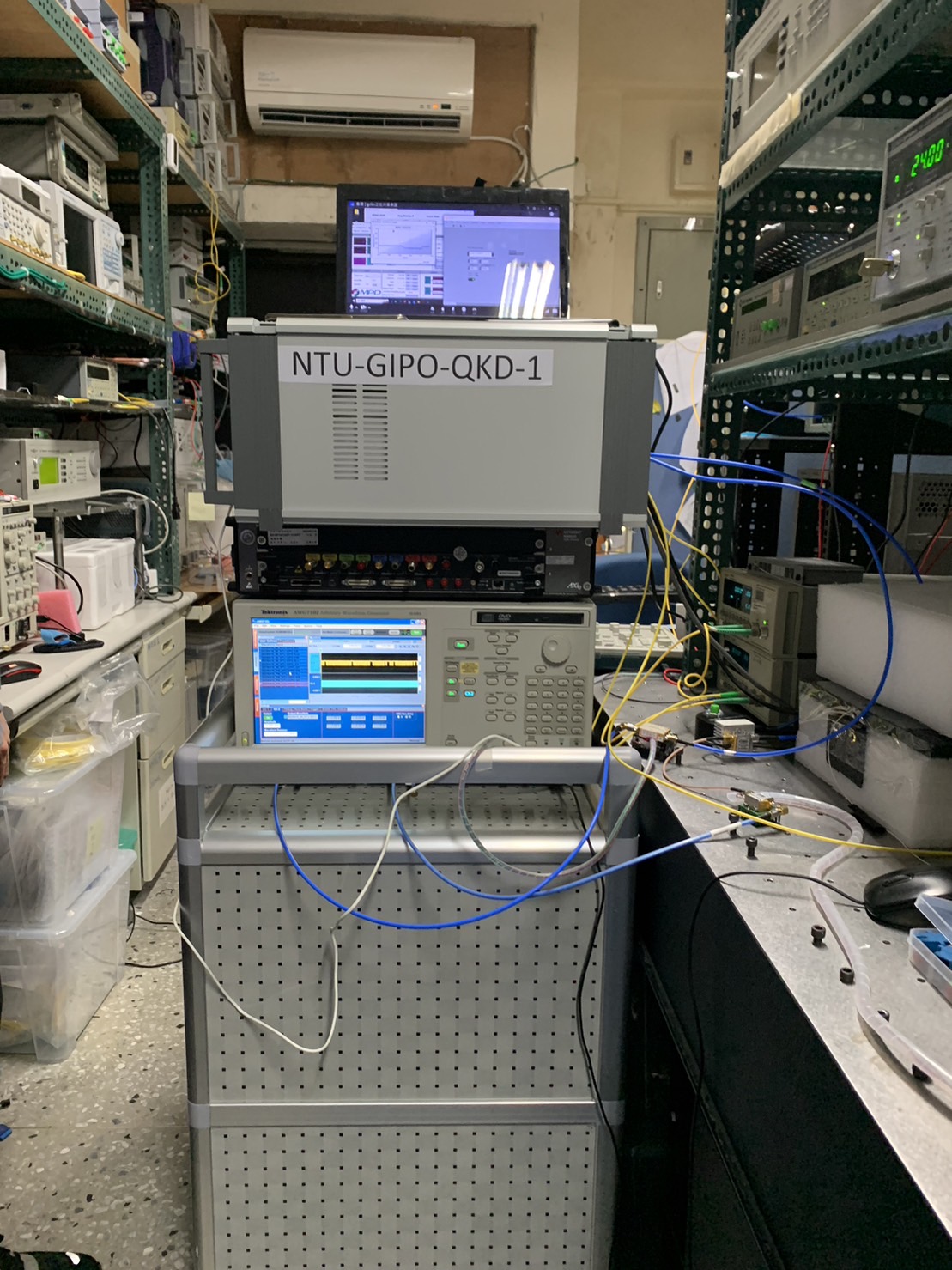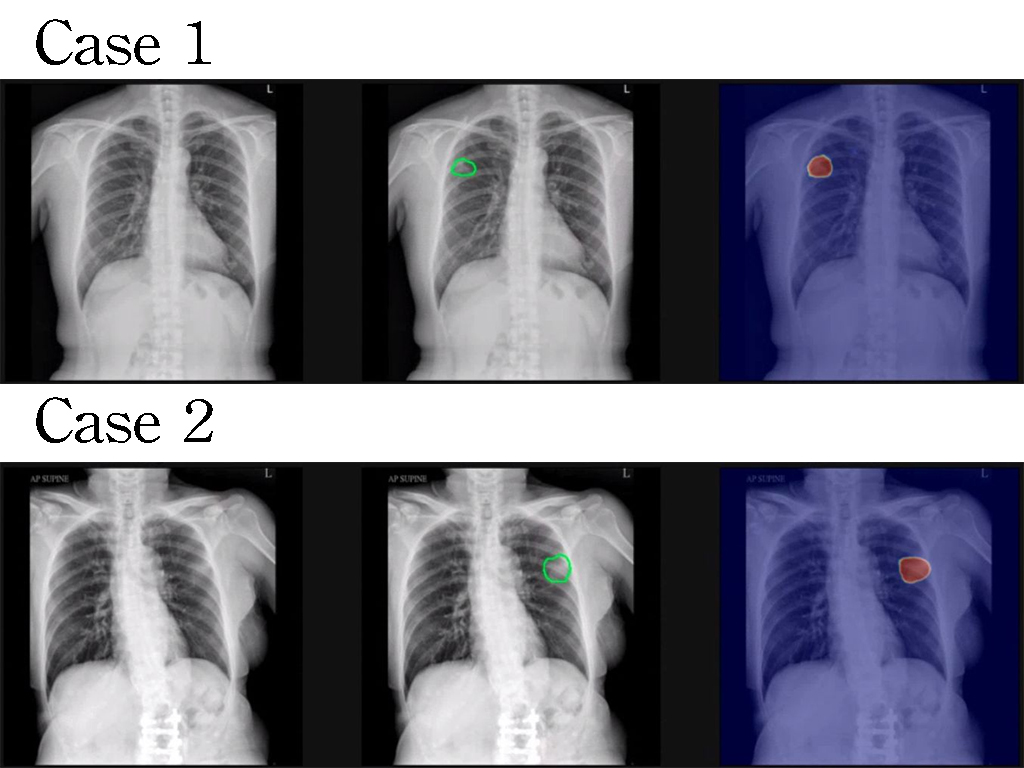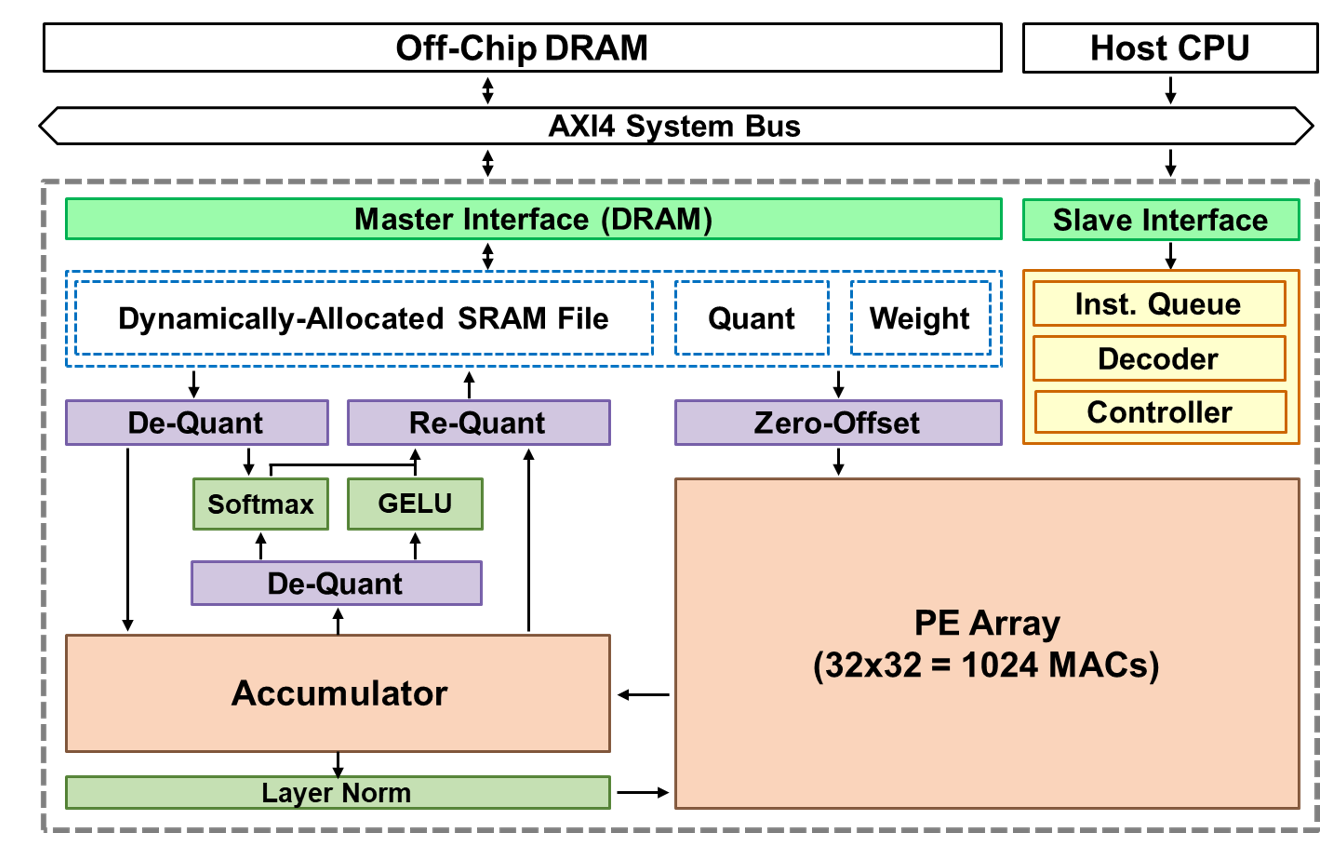| Technical Name | DBPR22998:A Potent QPCTL (IsoQC) Inhibitor Targeting CD47-SIRP⍺ Axis for Cancer Immunotherapy | ||
|---|---|---|---|
| Project Operator | National Health Research Institutes | ||
| Project Host | 顏婉菁 | ||
| Summary | The invention describes a potent, orally bioavailable small molecule isoQC inhibitor targeting the CD47-SIRP⍺ immune checkpoint signal. DBPR22998 effectively inhibits isoQC enzyme activity, thereby reducing the binding of CD47 and SIRPα on the surface of tumor cells and the "don't eat me" signal. DBPR22998 is best used in combination with monoclonal antibody-targeted drugs or immune checkpoint antibodies to promote antibody-dependent cell phagocytosis and enhance tumor elimination. |
||
| Scientific Breakthrough | DBPR22998 is a novel, oral small molecule drug candidate targeting CD47 and SIRPα immune checkpoint for cancer immunotherapy. DBPR22998 modulates isoQC activity to block the binding of CD47 and SIRPα, thereby enhancing the antibody-dependent cellular phagocytosis and tumor elimination. DBPR22998 does not cause erythrocytopenia or thrombocytopenia because these cells do not express isoQC enzyme, and thus avoiding the potential side effects and risks of CD47 monoclonal antibody treatment. |
||
| Industrial Applicability | DBPR22998 is an oral small molecule isoQC inhibitor targeting the CD47-SIRPα axis with a clear cancer biomarker for patient selection based on CD47 expression on the tumor cell surface. Novel isoQC inhibitors can be positioned in and immuno-oncology market, companion diagnostics market and precision cancer medicine market. It is anticipated that isoQC inhibitors will drive the growth of biotechnology and pharmaceutical industries to increase the demand for such cancer drugs in the near future. |
||
| Keyword | Cancer Small molecule anti-cancer agents Drug resistance CD47-SIRPα immune checkpoint inhibitors Cancer immunotherapy Cancer immune microenvironment Molecular-targeted therapy Cancer biomarkers Companion diagnostics Precision medicine | ||
- Contact
- Ru Yi Chao
- xmas6126@nhri.edu.tw
other people also saw















